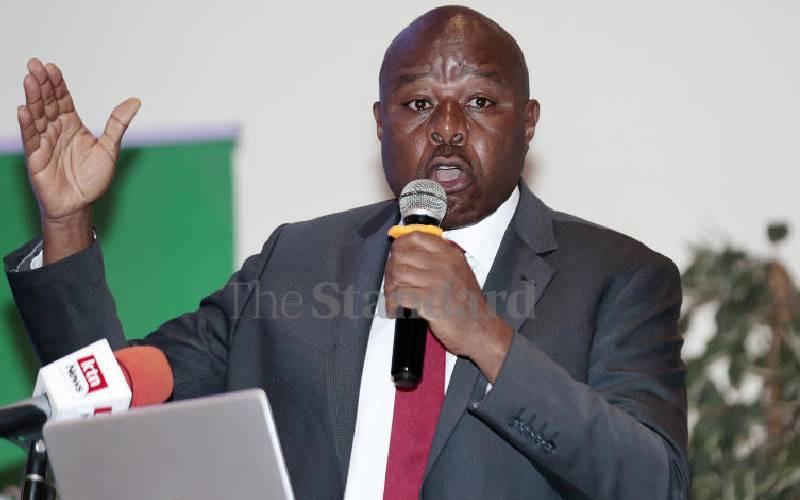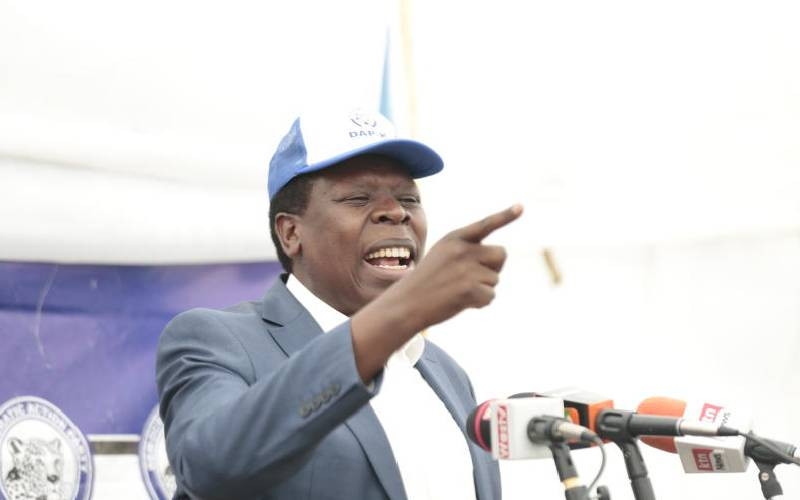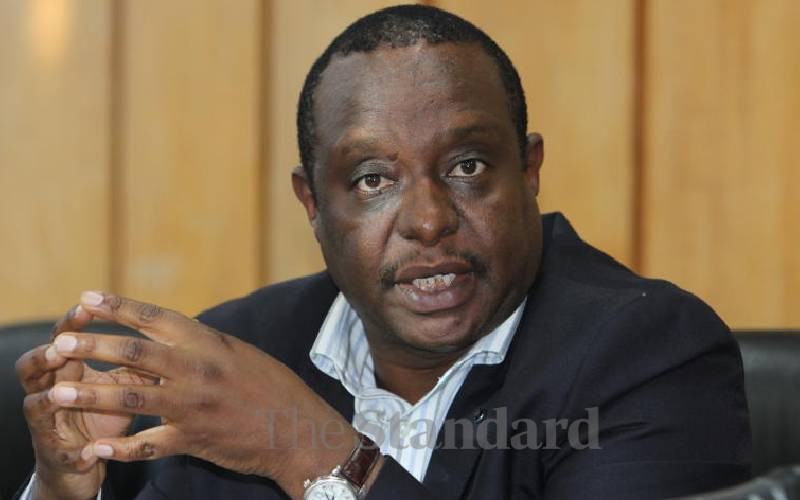
Large house developers have received a major tax incentive after Parliament reduced the number of units that qualify for lower taxes from 1000 to 400.
Through an amendment to the Finance Bill, home developers will now pay 15 per cent in income taxes further down from 20 per cent proposed by Treasury Cabinet Secretary Henry Rotich.
“The Bill be amended by deleting... and substituting the following new paragraph... in the case of a company that constructed at least four hundred residential units annually, fifteen per cent for that year of income subject to approval by the Cabinet Secretary responsible for housing,” the amendment tabled in Parliament on Tuesday reads in part.
This is good news to players in the sector who had argued that the 1,000 units as set previously was too high, a threshold that locked out majority of the developers in the sector. By reducing the taxes and the number of units, Parliament has given more players in the sector a chance to enjoy the benefits.
Rotich had enticed investors to pump money into the sector with the tax reduction from 30 per cent to 20 per cent in a bid to bridge the housing gap and support construction of decent low-cost housing. This may also be supported by a cap on interest rates that may slow down the rising prices of homes.
The latest report on the banking industry shows average mortgage loan size increased from Sh7.5 million in 2014 to Sh8.3 million in 2015 due to increased property prices. The total number of mortgage loans in the market increased by 2,445 to 24,458.
Interest rates also shot up from an average of 15.8 per cent in 2014 to 17.1 per cent. The lowest interest rate for a mortgage stood at 11.9 per cent at the end of 2015. Legislators also approved changes to the Finance Bill that will see the Government tap into the thriving gaming industry that had been spared by Rotich.
According to the amendment, gambling companies will now start paying 7.5 per cent of their revenue to the taxman by the 20th of each month after paying out winnings. On their part, lotteries will pay five per cent of their turnover by the same deadline.
Sport betting
In addition, they will also pay another 12 per cent of their revenue after paying out winnings. In the case of competitions where players have to pay some fee before taking part, a prize competition tax of 15 per cent of the total gross turnover has been set.
The sector now has more than five players among them SpotPesa, Elitebet, Betway,mCheza, Betin whose financial muscle now runs into billions of shillings as more and more players are recruited. Apart from the dozens of new millionaires that sport betting has created in the last year, many more gamers have lost out to betting.
However, in the whole betting, Safaricom has emerged as one of the biggest beneficiaries. Most of the gaming companies are in partnership with mobile service providers to channel the bet amounts from their respective virtual money wallets, where Safaricom has more than 80 per cent market share.
This comes at a time when Parliament has formed a team that will investigate the betting, gaming and casino industry alongside claims of tax evasion, tax avoidance and money laundering.
Stay informed. Subscribe to our newsletter
 The Standard Group Plc is a
multi-media organization with investments in media platforms spanning newspaper
print operations, television, radio broadcasting, digital and online services. The
Standard Group is recognized as a leading multi-media house in Kenya with a key
influence in matters of national and international interest.
The Standard Group Plc is a
multi-media organization with investments in media platforms spanning newspaper
print operations, television, radio broadcasting, digital and online services. The
Standard Group is recognized as a leading multi-media house in Kenya with a key
influence in matters of national and international interest.
 The Standard Group Plc is a
multi-media organization with investments in media platforms spanning newspaper
print operations, television, radio broadcasting, digital and online services. The
Standard Group is recognized as a leading multi-media house in Kenya with a key
influence in matters of national and international interest.
The Standard Group Plc is a
multi-media organization with investments in media platforms spanning newspaper
print operations, television, radio broadcasting, digital and online services. The
Standard Group is recognized as a leading multi-media house in Kenya with a key
influence in matters of national and international interest.










